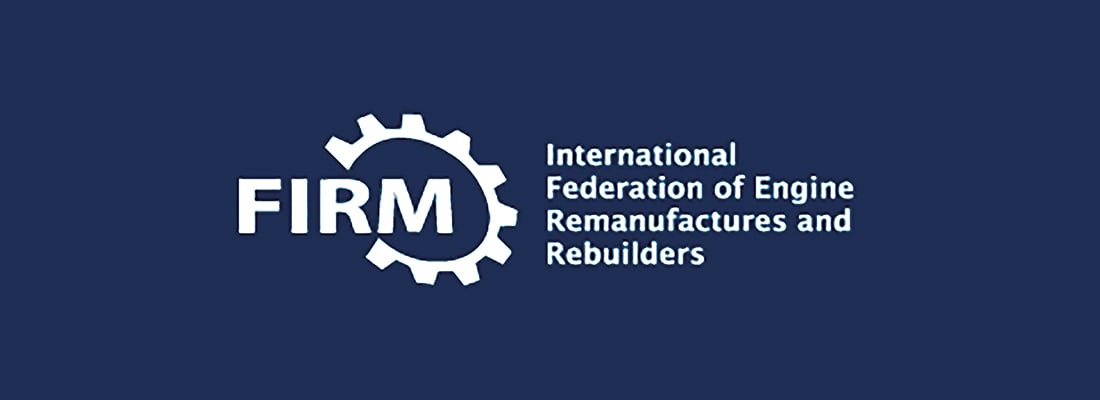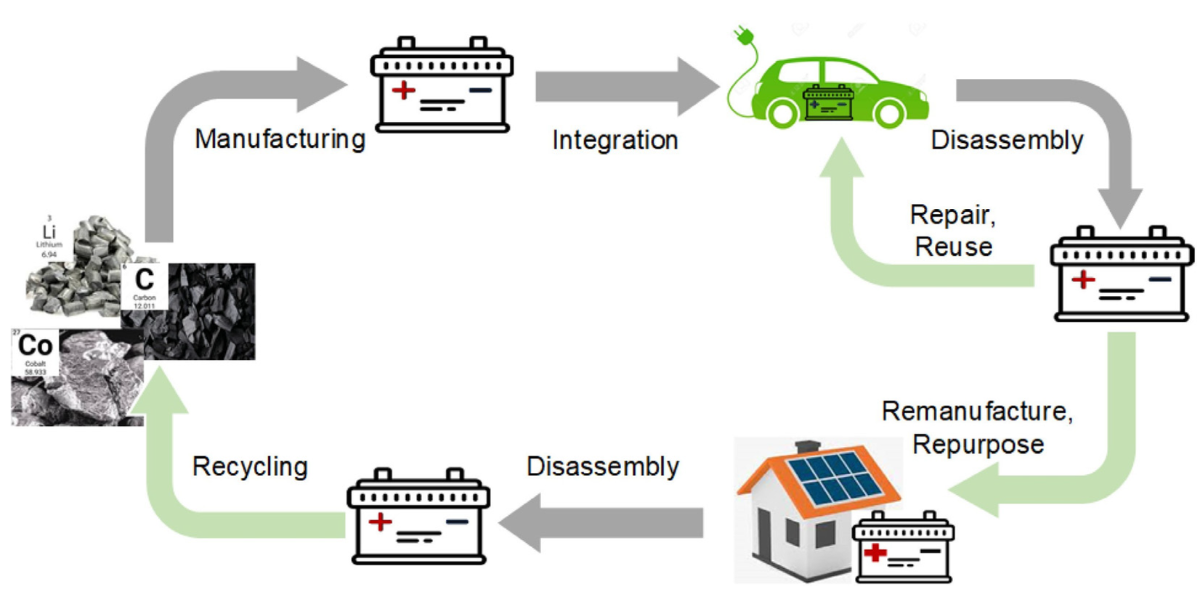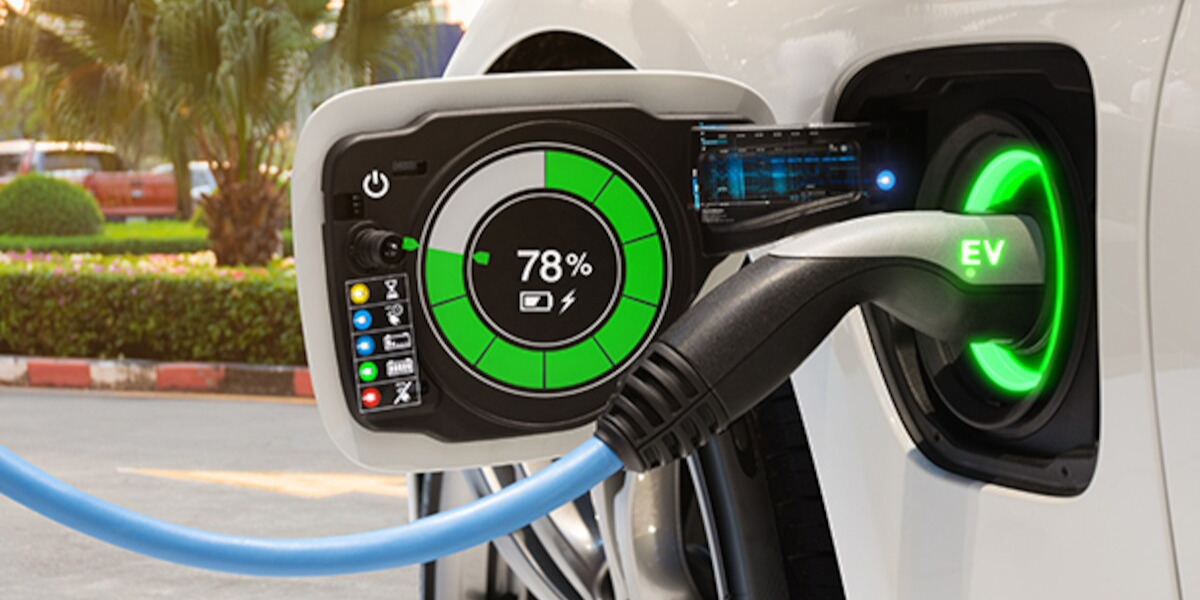Beware of customers with their own parts

Garages which install parts whose origin they do not know could be asking for trouble. They need to cover themselves from potential legal action – so the best approach is probably to keep your hands off, says Volker Schittenhelm
There is nothing unusual about a customer who wants an engine repair – it happens every day. But what is increasingly happening is that the customer is arriving at the repair shop with his or her own parts - parts that they themselves have already bought. So what should the garage do in this case? What risks are they running if they agree to carry out the repair? This important issue was highlighted in 2015 as part of a survey by kfz-betrieb and the expert organisation KÜS in Germany, which suggested that about 20% of car drivers pre-purchased spare parts online: 50% of these installed the parts themselves, while 35% of the online purchasers had the parts installed by independent garages - and only 8% by an OES garage. Nothing appears to have changed in the past two years – and it is something that all FIRM members need to be aware of. Garages must understand that if they use these ‘brought-along’ parts then they could be liable for legal action if things go wrong. Price is the main reason why people buy online, according to 96% of interviewees in the kfz-betrieb/KÜS survey. The spare parts business has a turnover of € 15 billion in Germany, 11% of which comes from online sales. Market analysts are predicting that online’s share will increase to 20% by 2025.
Price competition
The result is that there is massive competition in the online parts market, and this is unlikely to end – so garages need to have a clear plan of how to approach the issue of brought-along parts. And the Tier 1 suppliers have reacted: they established the ‘Quality is Added Value’ campaign in order to convince end users to not buy spare parts of unknown quality. Fact is, that low-cost spare parts often do not meet OE specifications and thus impact their reliability and longevity. And the initiative also focuses on the potential legal consequences for the garage owners. In the case of part failure, the original repair contract is not fulfilled and the garage has to find a solution. But this is not possible with the genuine manufacturer of the brought-along part – as the manufacturer is unknown - so the garage is obliged to fix the problem at his own cost. To avoid all this, the garage should reject the repair order. However, the astonishing result of the kfz-betrieb survey is that 42% of OES garages and 25% of IAM garages would install customer brought-along parts in any case! Around 25% said they check the parts prior to installation – but only 3% of the garage owners increase their hourly rates and only 4% explain to customers about the technical and legal consequences and dangers. Another possible solution for the garage owner is to put a disclaimer in the repair order, such as: “The customer expressly wishes the installation of his spare parts. The garage has no liability for the suitability of, and any defects to, my parts. The garage’s warranty is limited to its assembly work.” But unfortunately the garage owner - despite that disclaimer – is not on safe ground: in case of litigation, the garage has to prove that it has informed the customer about all potential problems and consequences of installing unknown parts. And it is very important to prove that the customer has understood everything! Can you secure that? In case of failure, parties talk about repair cost and who pays for it. In case of litigation, the customer will deny everything. To have right on your side and to get the right decision from a judge are two different things. So the outcome of a litigation is more than open, and the main question is: is all that worth a repair order? The garage should – for their own protection – reject the repair order.
Free of defects
Last but not least: even if the garage follows the above recommendations for excluding liability and fulfillment of all information duties, customer disputes can still happen - the garage must prove that the car was free of defects prior to approval. And be aware - that customer is lost anyway. And can you quantify the socalled ‘word-of-mouth advertising’? Surely not. Nobody can and will shut down the internet – its impact in our daily life and business is too significant. But what about taking the OE or genuine manufacturer’s branding as a filter to be on the safe side with brought-along parts? Caution, think about plagiarism: OE branding is dangerous because even specialists from that genuine manufacturer can hardly recognise and specify plagiarised parts. Two last handling possibilities: a) increase your hourly rate in order to compensate the loss of turnover of the spare parts not sold; and b) state clearly to the customer that he will get no guarantee (the voluntarily given add-on to the legal required warranty)! I am convinced he will understand. Summary: customers with brought-along parts are part of our daily business. But every garage owner has a choice to react. The best thing is to keep your hands off of brought-along parts which are of unknown origin and quality. The garage fixing costs in the case of failure are much higher than the amount of a lost repair order. Decide whether you invest your precious time in order to explain the benefits of OE parts to your customers. But ultimately, every case is individual and you have to decide for yourself – you take the risk and no-one else.
To see the kfz-betrieb survey data, go to: www.kfz-betrieb.vogel.de/mitgebrachte-teileannehmen-oder-ablehnen-a-483305/
Share your remanufacturing stories with us
Do you have an innovation, research results or an other interesting topic you would like to share with the remanufacturing industry? The Rematec website and social media channels are a great platform to showcase your stories!
Please contact our Brand Marketing Manager.
Are you an Rematec exhibitor?
Make sure you add your latest press releases to your Company Profile in the Exhibitor Portal for free exposure.


